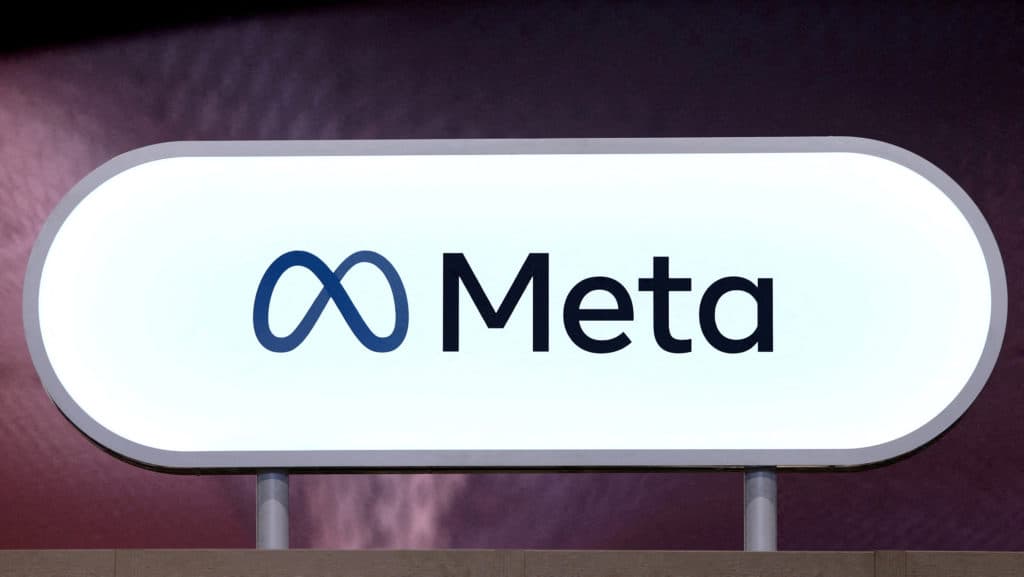Federal Judge Rules Meta Not a Social Media Monopolist in Landmark FTC Case

Washington, D.C. – A federal judge has ruled in favor of Meta Platforms in a high-profile antitrust case brought by the Federal Trade Commission (FTC), concluding that the tech giant does not hold a monopoly in the social networking market. The decision, handed down by U.S. District Judge James Boasberg on Tuesday, prevents the FTC from forcing Meta to divest its acquisitions of Instagram and WhatsApp.
The FTC initially filed the lawsuit in 2020, alleging that Meta, then Facebook, illegally maintained a social networking monopoly through its 2012 acquisition of Instagram and 2014 acquisition of WhatsApp. The agency argued these purchases were part of a "buy or bury" strategy to eliminate nascent competitors and consolidate power. The landmark trial, which saw testimony from Meta CEO Mark Zuckerberg, began in April 2025.
Judge Boasberg stated that while Meta might have held significant power in the past, the FTC failed to prove that the company currently maintains monopoly power. He emphasized the evolving social media landscape, noting that competitors like TikTok and YouTube now hold "center stage as Meta's fiercest rival." The judge also highlighted that the FTC had approved both the Instagram and WhatsApp acquisitions at the time they occurred.
Meta welcomed the ruling, with Chief Legal Officer Jennifer Newstead stating, "The Court's decision today recognizes that Meta faces fierce competition." She added that the company's products are "beneficial for people and businesses and exemplify American innovation and economic growth."
Conversely, the FTC expressed deep disappointment. Joe Simonson, the agency's director of public affairs, remarked, "We are deeply disappointed in this decision. The deck was always stacked against us with Judge Boasberg." Simonson indicated the FTC is reviewing all its options, including a potential appeal. Reflecting a critical view of the outcome, Nidhi Hegde, a prominent voice, stated on social media: > "My colleague @BedoyaUSA talks eloquently about a two-tiered justice system in this country and today's decision in the FTC v Meta case is a fine example of that. The mountains of evidence of Meta's harm or how it built its illegal monopoly didn't matter...."
The verdict marks a significant victory for Meta, allowing it to retain its key platforms. For the broader tech industry, the ruling adds complexity to the government's ongoing efforts to rein in large technology companies through antitrust enforcement, particularly concerning the unwinding of historical mergers.